Sustainable Tips for the Home

Are you looking for ways to live life more sustainably? We’ve got a few! Read on for inspiration.
10 Tips to Make Life at Home More Sustainable
1. Use less water
Simple tips for conserving water include not running the tap while brushing your teeth and watering your plants during the cooler hours of the day. Install low-flow toilets and shower heads, and consider purchasing a rain barrel to collect water for backyard watering.
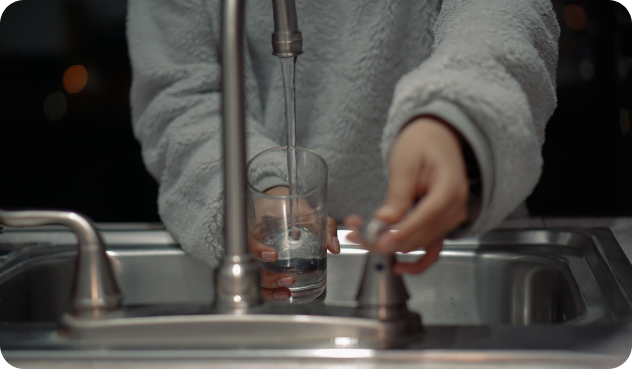
2. Use less energy
Turn off those lights, unplug your tech, and wear warmer clothing in the winter so you don’t have to crank up the heat. Smart home tech helps, too, as you can avoid heating and cooling spaces you’re not using. New appliances are more energy-efficient than ever. Depending on where you live, you might even be eligible for rebates on your purchase!
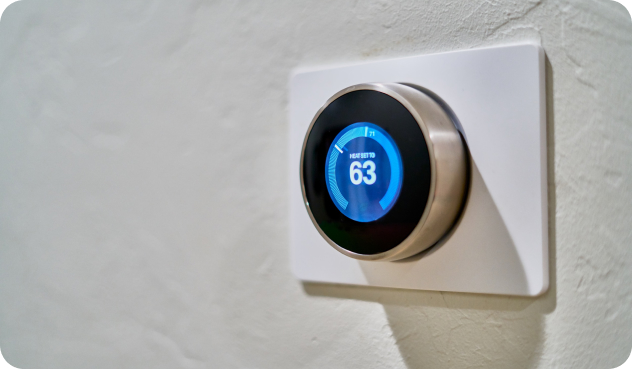
3. Recycle and compost
Paper, glass, metal, and some plastics are all highly recyclable. Compost food scraps and yard waste in your curbside program, or consider starting your own backyard compost. Recycling and composting reduce the amount of waste in our landfills and provides nutrient-rich soil for agricultural and architectural use.

4. Reduce food waste
Food waste is a significant problem in the United States—every year, we throw away billions of pounds of food that could be eaten or used to feed people in need. You can reduce your food waste by planning your meals ahead of time, only buying what you need, and storing or freezing food properly so it doesn’t go bad prematurely.
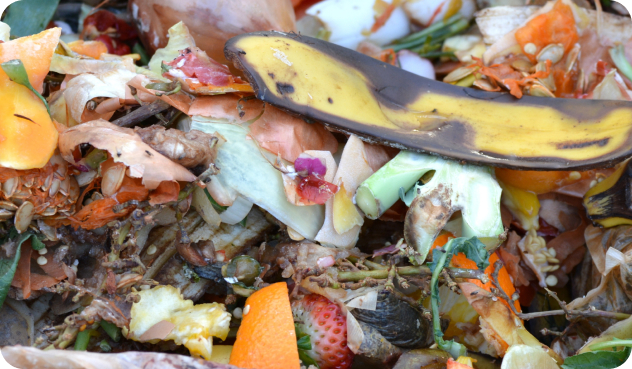
5. Shop secondhand or upcycle
One way to reduce your environmental impact is to shop secondhand or repurpose items instead of constantly buying new. Secondhand clothing, furniture, and electronics are all great candidates and will save you money too.

6. Drive less
If you can, walk or ride a bike instead of driving everywhere—it’s good for your health and the environment. If you must drive, carpool when possible, or investigate alternative fuel vehicles such as hybrid or electric cars. If you drive a gas-powered vehicle, keep it well-maintained to minimize emissions.

7. Buy local foods
When possible, buy foods grown or raised near you to reduce transportation emissions and support local farmers. Farmer’s markets are a great place to find local foods, and community-supported agriculture (CSA) programs are another option for getting local, seasonal produce delivered right to your door.
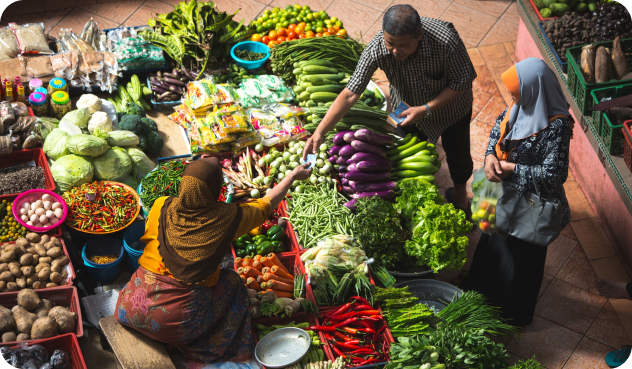
8. Grow your food
One of the best ways to eat sustainable, healthy food is to grow it yourself! If you have even a small amount of space, you can produce a variety of fruits, vegetables, and herbs. You can even grow some plants indoors if you don’t have room for a garden. Not only will you save money by growing your own food, but you’ll also know exactly where it came from and how it was grown.
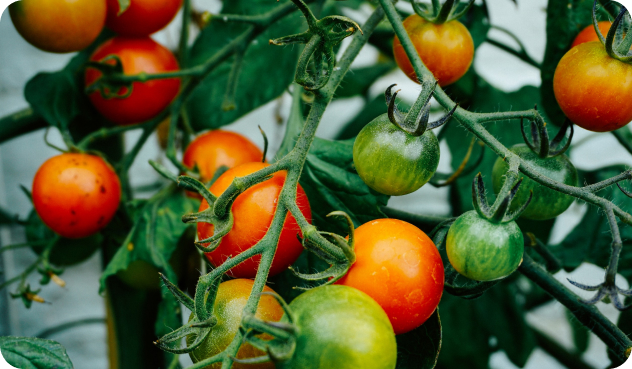
9. Support sustainable businesses
When possible, shop businesses that are committed to sustainable practices. This includes everything from restaurants that source their ingredients locally to stores that sell environmentally-friendly products. If you shop online, look for retailers that use recycled packaging materials or offer carbon-neutral shipping options.

10. Educate yourself and others about sustainability
One of the most important things you can do for the environment is educate yourself about sustainability issues. This will inform you as to what YOU can do to help make a difference. Once you know more about sustainability, you can share what you know with others. The more sustainable choices we make, the better off our planet will be!

References
- https://www.crd.bc.ca/education/water-conservation/at-home/outdoor-water-use/rainwater-harvesting
- https://www.energystar.gov/about/federal_tax_credits
- https://www.feedingamerica.org/our-work/reduce-food-waste
- https://www.habitat.org/stories/what-is-upcycling
- https://www.ams.usda.gov/local-food-directories/csas
- https://www.newhomesource.com/learn/grow-your-own-food/
- https://www.conserve-energy-future.com/15-ideas-for-sustainable-living.php






